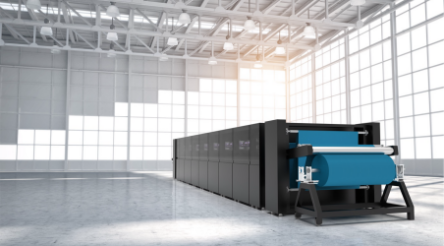Boral awarded $24.5 million grant for decarbonisation project at Berrima

Construction products company Boral has been awarded a $24.5 million grant from the federal government to assist in a new cement kiln infrastructure project, which it says will reduce carbon dioxide emissions by up to 100,000 tonnes per annum.
Boral said in a statement on Friday that the kiln feed optimisation project at Berrima Cement Works has “a key role in Boral’s broader decarbonisation pathway”, and addressed “the largest and most-difficult-to-abate emissions source in cement manufacturing”, process emissions.
The cement works create approximately 40 per cent of cement in NSW and the ACT.
The funding comes from the federal Powering the Regions fund, and was announced by energy minister Chris Bowen at the cement works. It will supplement Boral’s investment into a new specialised grinding circuit and supporting infrastructure.
The circuit will allow it to increase the use of alternative raw materials (ARMs) in kiln feed from 9 per cent to 23 per cent, lowering the amount of limestone used during clinker manufacture.
“By increasing the proportion of ARMs in the kiln feed, less limestone and shale is added to the kiln, lowering process emissions and lowering the carbon intensity of the resulting clinker,” said Dr Ali Nezhad, the company’s Head of Innovation and Sustainability.
“In terms of the resulting emissions intensity of the manufactured clinker, the Project will result in up to 11 [per cent] reduction in clinker emission intensity, 9 [per cent] attributable to a reduction in calcination emissions and 2 [per cent] attributable to thermal efficiency gains.”
Boral said it will use ARMs including by-products from steel making, cement fibre board, fly ash, and fine aggregates from recycled concrete.
Picture: credit Boral
Further reading
Boral introduces first Australian asphalt using off-the-road tyre rubber
Boral says test results of solar glass sand in concrete “excellent” so far
Boral cuts emissions by substituting coal with alternate fuels
Boral-led team investigates calcined clay in lower-carbon concrete
@aumanufacturing Sections
Analysis and Commentary Awards casino reviews Defence Gambling Manufacturing News Online Casino Podcast Technology Videos





